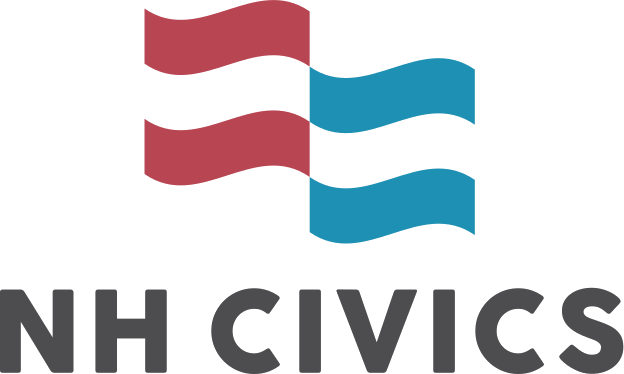What is Civics
Our national partner, CivXNow, defines civics in the following way:
In its broadest sense, civics (also known as “civic education” or “civic learning”) is the lifelong process that makes people into active, responsible, and knowledgeable members of their communities—which range from their schools and towns or neighborhoods to the whole nation and even the world. Civic learning occurs in families, in religious congregations and other associations, in political campaigns, and on news websites, among many other venues.
As defined in many state standards and other official documents, “civics” usually refers to a K-12 curriculum that is part of the social studies. This curriculum typically draws heavily on political science and law and has close connections to other academic subjects, particularly American history, and to experiences like service-learning. In a given grade or school, these disciplines may be integrated in various ways; for instance, one course or sequence of courses may combine civics (as the study of politics) with U.S. history.” https://civxnow.org/our-vision/what-is-civics/
The National Council for the Social Studies, provides some helpful clarification about civics on their FAQ Page for their Seal of Civic Readiness.
See some of their FAQ’s below. Read their full FAQ Page here
“Civics is the operator’s manual for our democracy.”
-
How do government courses differ from civics courses?
Often the differences are in name only. However, according to the Campaign for the Civic Mission of Schools,
In simple terms, a government class teaches things such as the three branches of government, how a bill becomes law and the Electoral College. Civic education includes the skills and attitudes necessary to be an informed and engaged citizen; it is not synonymous with history. Civic education includes practice in collaboration, cooperation and consensus-building, as well as an understanding of the responsibilities that go along with rights. It includes discussion regarding the philosophical underpinnings that went along with the Founders’ decisions as they created our representative democracy, and the relevancy of those concepts today. Exemplary programs include experiential learning and local problem-solving, giving students the capacity to apply learned skills.
-
What is civic participation?
According to the U.S. Department of Health and Human Services
Civic participation encompasses a wide range of formal and informal activities. Examples include voting, volunteering, participating in group activities, and community gardening. Some are individual activities that benefit society (e.g., voting) or group activities that benefit either the group members (e.g., recreational soccer teams) or society (e.g., volunteer organizations). In addition to the direct benefit that civic participation provides to the community, it also produces secondary health benefits for participants.
-
How is civic engagement defined?
According to Thomas Ehrlich, author of Civic Responsibility and Higher Education, civic engagement involves “working to make a difference in the civic life of one’s community and developing the combination of knowledge, skills, values and motivation to make that difference. It means promoting the quality of life in a community, through both political and non-political processes.
At NH Civics, we can further define civics education by what it does:
Civics education increases voting turnout and community engagement.
Civics education bridges racial and cultural differences.
Civics education helps people to find facts and be informed, active community members.
Civics education helps people to listen to opinions that differ from their own.
Civics education connects us, helping us become engaged, informed, and empowered citizens,
Civics education preserves and protects our individual rights, our civil communities and our constitutional democracy.
Why Civics Education Matters
Please include Why Civics Education Matters stats on page 7 of our case for giving.
Further Reading:
Why Civics? From the Illinois Civics Hub
Get Involved
Your voice and support are important
With your support, our mission to develop, nurture, and maintain an informed, engaged, and civil New Hampshire citizenry is within our reach.
